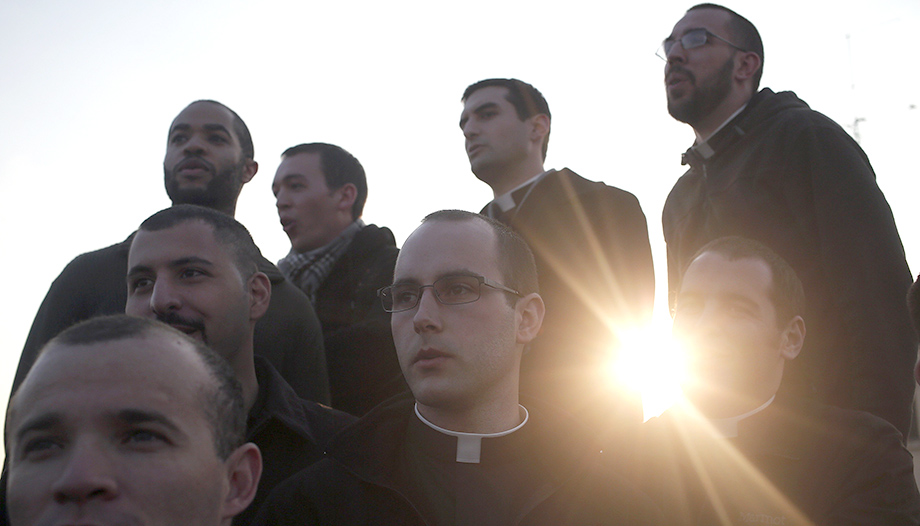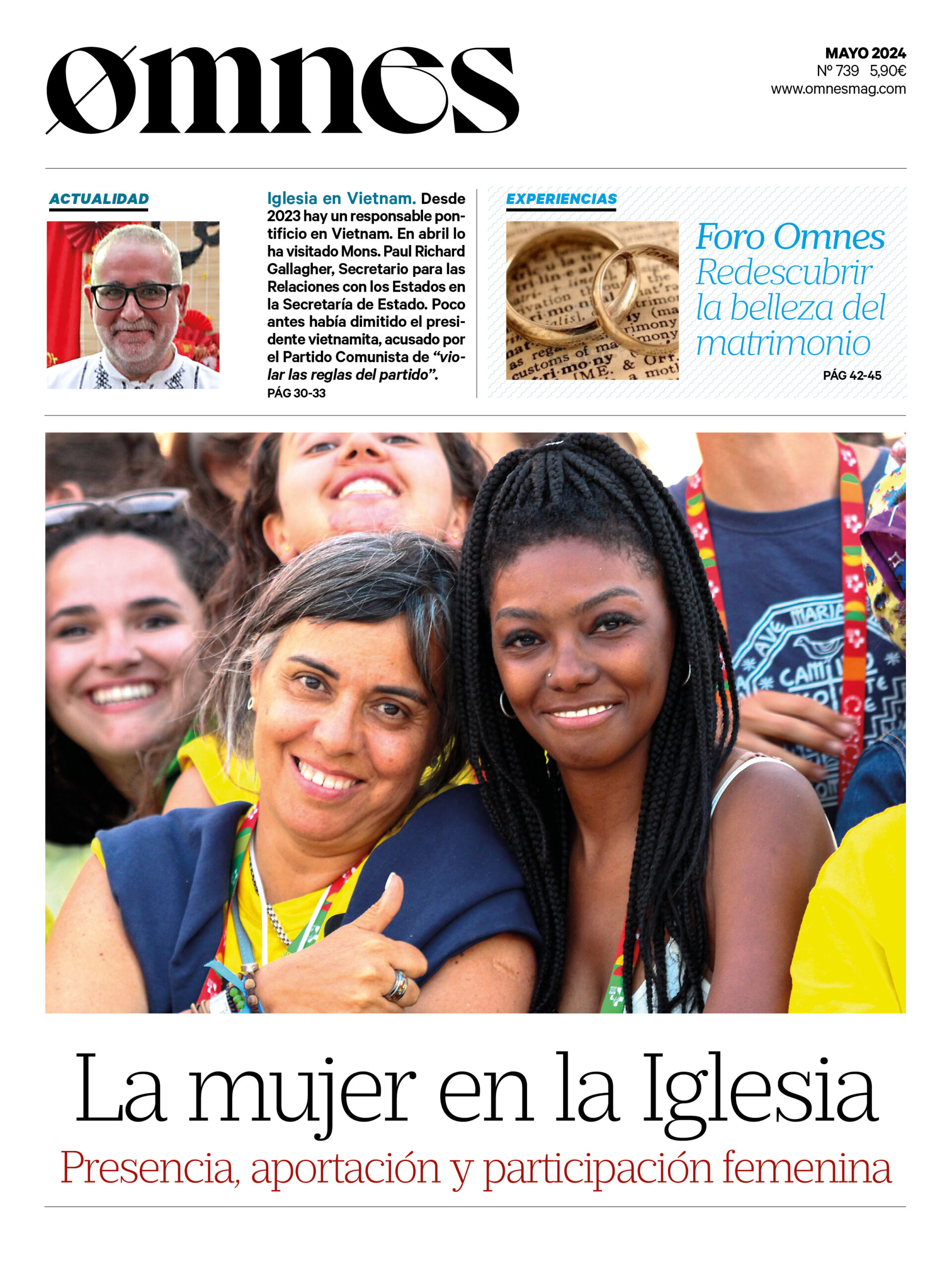Theology and Philosophy can be studied with excellent results in any part of the world, while in the capital of Italy there are 27 Pontifical Colleges from different countries that teach these subjects, not with different contents, but in institutions that have a series of particular characteristics.
These Roman colleges, in addition to having access to the important and prestigious universities that exist in the Eternal City, such as the Gregorian, Urbaniana, Lateran, Santa Croce, Salesian, Angelicum and several others, allow their residents to become familiar with the seat of the papacy: the Eternal City, the Vatican, the Holy See and the Holy Father himself.
They also favor the learning of the Italian language, which is currently emerging as the universal language of the Catholic Church, just as Latin is in liturgical matters.
The first Colleges or seminaries are recorded in very remote times, such as the Almo Collegio Capranica The first one was instituted in 1417, and other more recent ones were created for seminarians or clergymen from different countries, with the same language, so that they could reside and study, and even obtain an academic degree.
Among the pontifical colleges are the Spanish, the Spanish North American, the Pío Brasileñothe Latin American Pío, the Mexican Pío, the Armeno or the Irish.
In addition to the 27, there are the Roman seminaries and, among the most recent ones, the Colegio Sacerdotal Argentino founded in 2002, from where they indicate that the purpose is "to help students to deepen their ongoing formation as priests, according to the lines drawn in the apostolic exhortation Shepherds Dabo Vobis of St. John Paul II. And they add that "during these 20 years more than 100 priests from 31 dioceses of the country have passed through the College".
Studies can last six years, two of which are in philosophy, four in theology, plus courses in liturgy, canon law, Bible and others, such as archaeology and Church history, which in Rome find exceptional historical vestiges. Degrees in Sacred Scripture can be obtained by fulfilling the requirements of the Biblical Institute.
The Pontifical Pio Latin American Collegefounded in 1858, has already exceeded 160 years of existence and its leaders explain that it is intended "for the formation of student priests from all the Dioceses of Latin America who wish to do specialization studies in Rome and prepare themselves to better serve in their respective Dioceses, in CELAM and in the Universal Church".
Pope Francis addressing them on November 20, 2022, he told themo: "the Pio Latin American College was born as a commitment that would unite all our particular Churches and at the same time open them to the universal Church in Rome and from Rome".
Father Gilberto Freire S.J., rector of the Spanish school noted in a Vaticannews interview the importance of formation: "Human, spiritual, intellectual and pastoral growth are accompanied by each one of us and we try to give them the experience of being formed in a broad horizon of ecclesial collaboration".
One of the most "painful" moments for the Pio Latin American College was the creation in Rome of a new College for the Mexican students who constituted the majority of the Pio Latin American, particularly in difficult periods, such as in the times of the Revolution of 1910 and during the Religious Persecution from 1919 to 1940.
This majority was to be left out of the Pio Latino, which had just built a new building for 320 students. Today the Pontifical Mexican Seminary College (PCSM), an ecclesiastical institution of pontifical right, has completed 50 years of existence.
The rector of the Pontifical Mexican CollegeJuan Jesús Priego Rivera explained to a Mexican media that "all the Aztec diocesan priests who go to Rome to study a specialty reside there". He specified that they wake up "at five or 5:30 in the morning, because at six o'clock they have to attend mass; at seven (...) breakfast is served and at 7:30 or eight o'clock the priests leave for the universities".
It is an itinerary of growth, the one offered by the Pontifical Colleges, which had its first general assembly on November 24, 2021, when the Associazione dei Rettori dei Collegi Ecclesiastici di Roma with the election of the new authorities that will coordinate the activities and represent the associated rectors.
"If you want it to have a fruitful future, its custody cannot be limited to the maintenance of what has been received: it must be open to courageous and, if necessary, even unprecedented developments. It is like a seed that, if you do not scatter it in the soil of concrete reality, it remains alone and does not bear fruit".












